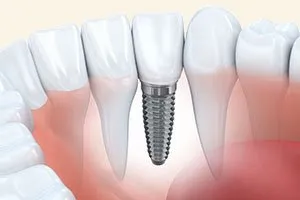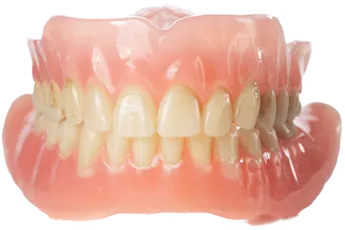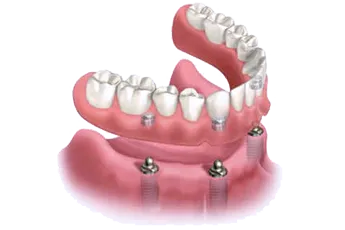Dental Tips for Your Summer Travels: Keeping Your Smile Healthy and Bright
Dental Tips for Your Summer Travels: Keeping Your Smile Healthy and Bright Before setting off…

To make an appointment, call 714-841-0203 or click here to request an appointment online.
Once their implant is placed, most patients can’t tell the difference between their natural teeth and the implant tooth. They can eat with it completely normally, with full chewing power, and they can brush and floss normally as well. Implants used to support restorations such as dental bridges and dentures are also very lifelike in look and function.



A bridge consists of false teeth supported by adjacent teeth that have been capped. It is used to replace one or two missing teeth.
A bridge requires two usually healthy teeth to be cut down, which is not an ideal way of replacing a missing tooth compared to a dental implant. Bridges tend to have short lives, five to ten years, compared to a dental implant which can last a lifetime. So while a bridge can sometimes be more economical initially, in the long run a dental implant can cost you less.




Dental Tips for Your Summer Travels: Keeping Your Smile Healthy and Bright Before setting off…
Comprehensive Guide to Dental Deep Cleaning: Part 2 A Closer Look at Oral Health Maintenance…
Comprehensive Guide to Dental Deep Cleaning: Part 1 A Closer Look at Oral Health Maintenance…